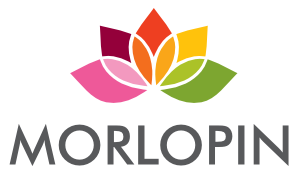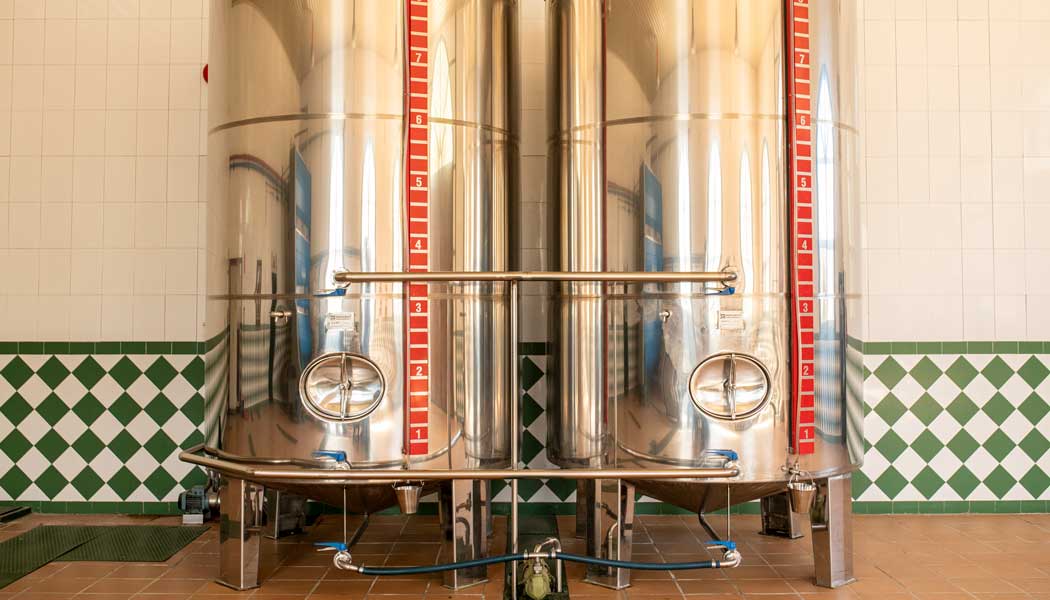Food paint for an olive oil mill
For the painting of machinery in an oil mill, special industrial paints are usually used that are designed to withstand the working conditions and corrosive environment that can exist in this type of facility. Food grade oil mill paint must be resistant to chemicals and oils, as well as moisture and corrosion. A common option is to use epoxy paints. These paints form a durable and resistant protective layer on the metal surface, which helps prevent wear and oxidation, and it is also the mandatory paint since it is in a place where a food product is created, so it is the right paint in these cases.
What needs to be painted in an oil mill?
In this place, different areas and elements are usually painted to protect them and maintain a tidy appearance. Some of the common places that need oil mill food paint are as follows:
- Metal structures: Metal structures such as beams, columns, walkways, stairs and railings are painted to protect them from corrosion and wear.
- Machinery and equipment: Machinery and equipment used in the oil production process, such as presses, mills, decanters, pumps and tanks, can be painted to protect their surface and maintain a clean appearance.
- Storage tanks and reservoirs: Oil storage tanks are usually painted to protect the metal against corrosion and rust, and to facilitate cleaning and maintenance.
- Floors: In some areas of the mill, such as work spaces and warehouses, the floor can be painted with special paints for industrial floors. These paints provide a durable, wear-resistant surface, facilitate cleaning and improve safety by providing better adhesion.
Paint or renew machinery?
Painting or renovating the machinery of an oil mill can be a decision that depends on several factors, such as, for example:
- Condition of machinery: If the machinery is in good condition, functional and has no significant problems, a complete overhaul may not be necessary. In this case, painting the machinery may be sufficient to protect it against corrosion and improve its appearance.
- Maintenance and repairs: Before deciding to paint or refurbish machinery, it is important to conduct a detailed analysis of the condition of the machinery and carry out any necessary maintenance or repairs. If there are structural problems, significant wear and tear or defective components, it may be more appropriate to refurbish or replace the machinery rather than simply paint it.
- Budget: Complete renovation of machinery can involve significant cost, as it may require the purchase of new equipment or the contracting of specialized services. If the budget is limited, painting the machinery may be a more economical and effective option to protect it and improve its appearance.
- Specific goals and needs: Consider the long-term goals of the company and the specific needs of the mill. If the current machinery meets production requirements and no major changes are foreseen in the short term, using food-grade paint for an oil mill may be a viable option. However, if significant improvements are required in terms of efficiency, capacity or process quality, it may be necessary to consider renewing or upgrading the machinery.
Good hygienic practices for olive oil processing
To ensure hygiene in the processing of virgin olive oil, the following good practices should be followed:
- Personal hygiene: All personnel involved in olive oil processing should follow good personal hygiene practices. This includes washing hands regularly, wearing clean clothing and footwear, and using hats or hair nets. In addition, practices such as smoking, eating or drinking in production areas should be avoided.
- Cleaning and disinfection: It is essential to keep facilities, equipment and work utensils clean and disinfected. Regular cleaning procedures should be established and appropriate disinfectants should be used. It is important to pay special attention to areas of direct contact with the oil and those where residues may accumulate.
- Pest control: Pest control measures are essential to prevent product contamination. Periodic inspections should be carried out to identify and control possible infestations of insects, rodents or other harmful organisms.
- Proper storage of raw materials: The olives used in the production of olive oil should be stored properly to avoid the proliferation of microorganisms. Clean and suitable containers should be used, and the olives should be stored under controlled temperature and humidity conditions.
- Control of processing times: To preserve the quality and freshness of olive oil, processing times should be minimized. Olives should be processed as quickly as possible after harvest to avoid fermentation and degradation of oil characteristics.
- Analysis and quality control: Perform periodic analysis to ensure compliance with established quality standards.
This includes tests for acidity, peroxides, oxidation index and sensory analysis.
These controls help identify possible hygiene problems and guarantee the quality of the final product.
One of the best extra virgin olive oil mills in Granada is Aceites Argüelles y Alonso.
Who is in charge of food paint for an oil mill?
The responsibility for using food-grade paint for an oil mill may fall on different individuals or entities, depending on the specific situation and circumstances. Some possibilities are as follows:
- Internal personnel: In some mills, there may be internal personnel in charge of the maintenance and aesthetics of the facilities. These employees may be responsible for the painting of the mill, including machinery and structures, as part of their duties and responsibilities.
- Specialized contractors: In cases where painting requires specific technical expertise or the use of specialized techniques and equipment, it may be necessary to hire specialized industrial painting companies or contractors. These professionals are experienced in the application of paints in industrial environments and can provide a high quality service.
- Surface painting companies: These companies specialize in the application of paint on a wide variety of surfaces, both indoors and outdoors. Their main objective is to beautify and protect surfaces through proper painting techniques and the use of quality products. For this company profile, the best option is to go to a paint factory for the products that are needed.
At Morlopin, your trusted paint factory, we offer a wide variety of products to paint large surfaces, such as Morloepox, a food grade concrete floor paint, to other tools to get the job done.

